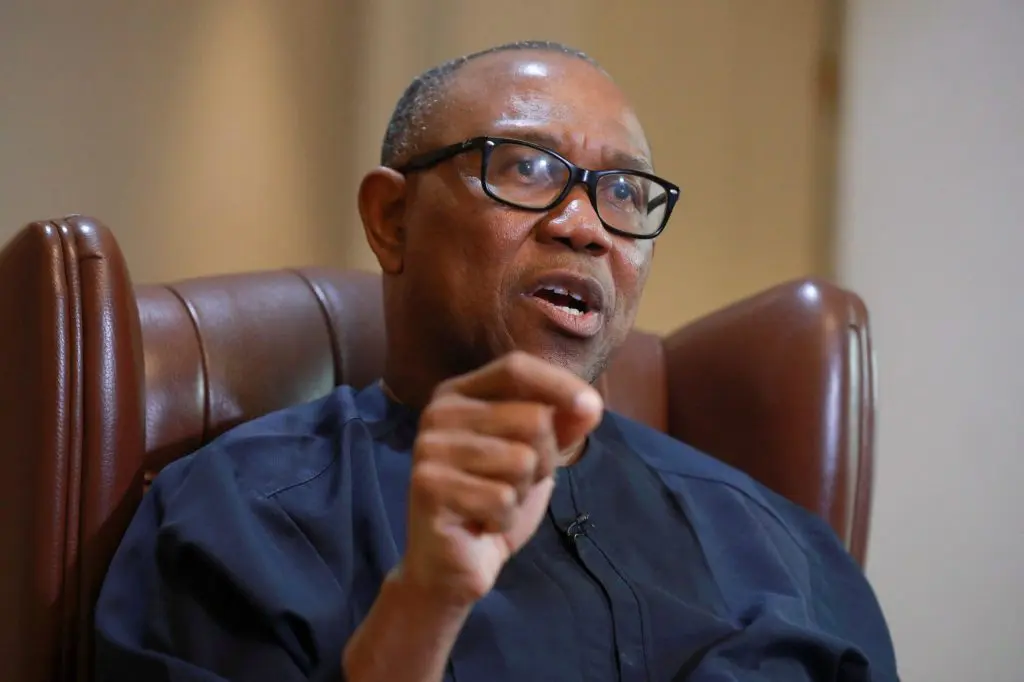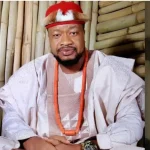
Peter Obi, the 2023 Labour Party presidential candidate, has sounded the alarm on the state of democracy in Nigeria, stating that it’s suffering and has turned into transitional politics ¹. Speaking in Akure, Ondo State, Obi emphasized the need for collective involvement in rebuilding the country. He urged citizens not to trade their votes and conscience for any form of inducement, envisioning a Nigeria where everyone has equal opportunities, children can access education, and hospitals function properly.
Obi’s concerns about Nigeria’s democracy aren’t unfounded. The country has faced significant challenges, including conflict, corruption, and inadequate governance ¹. Civil society organizations are working to promote democratic reform and government accountability, but they lack the capacity and resources to function optimally.
In the midst of these challenges, Obi’s Labour Party is presenting itself as the solution to transform the state. The party’s governorship candidate, Sola Ebisen, highlighted their programs, policies, and projects as evidence of their commitment to change.
Key Challenges Facing Nigerian Democracy:
- Conflict and Insecurity: Ongoing conflicts and humanitarian crises have displaced millions of people and generated significant humanitarian needs ¹.
- Corruption: Pervasive corruption affects daily life in Nigeria, undermining trust in government institutions.
- Inadequate Governance: Government institutions struggle to engage with citizens and the private sector, lacking the capacity to carry out their mandates.
Way Forward:
- Strengthening civil society organizations to promote democratic reform and government accountability.
- Addressing conflict, corruption, and inadequate governance through inclusive governance and institutional capacity building.
- Encouraging citizen participation and engagement in the democratic process.
Sources:
¹ USAID – Democracy, Human Rights, and Governance
² AP Central – The Democratic Transition in Nigeria


